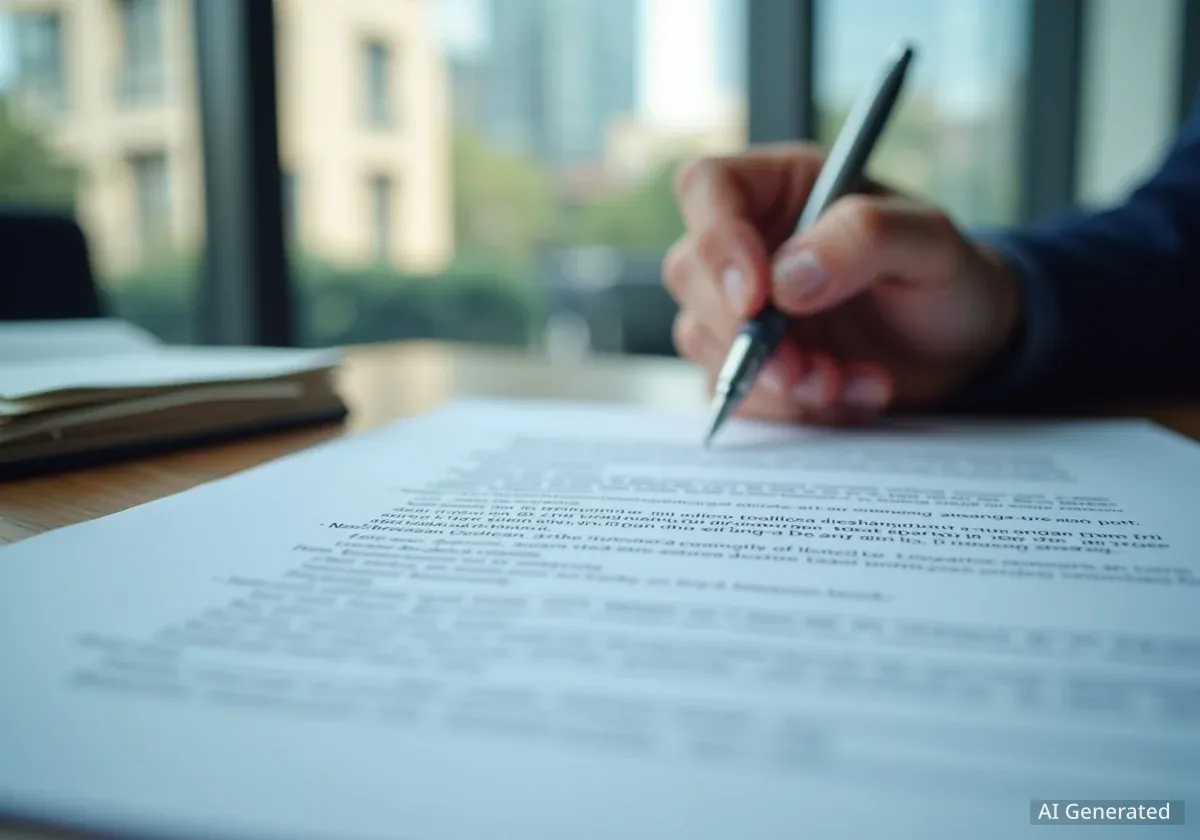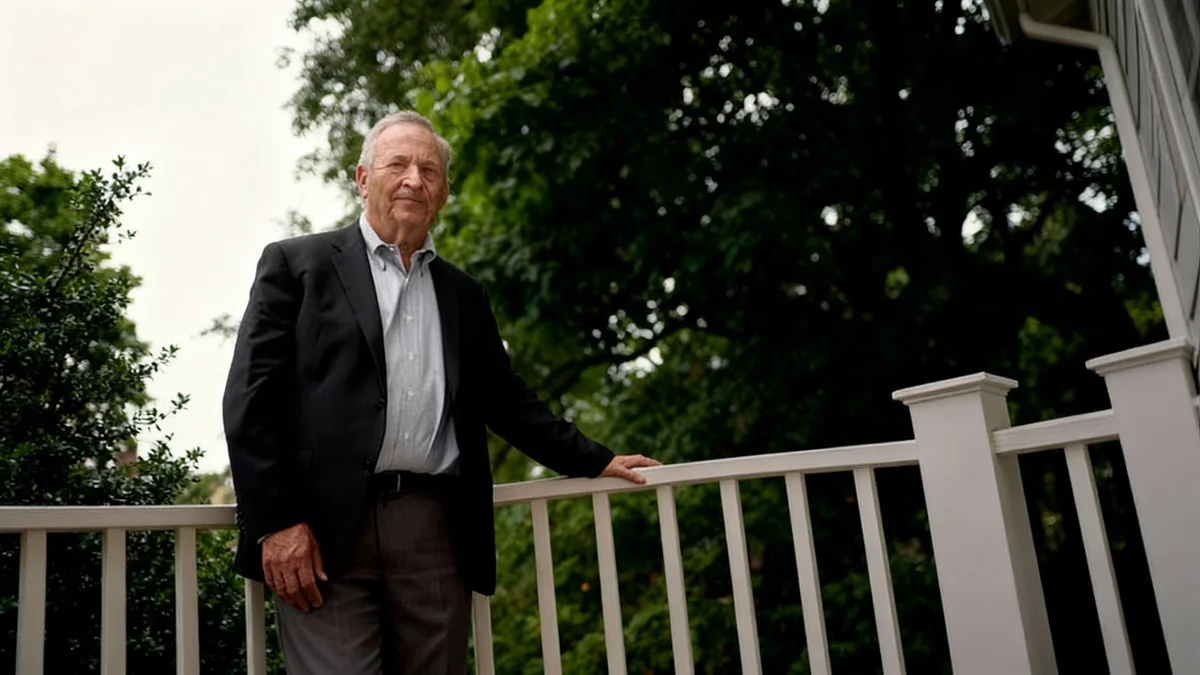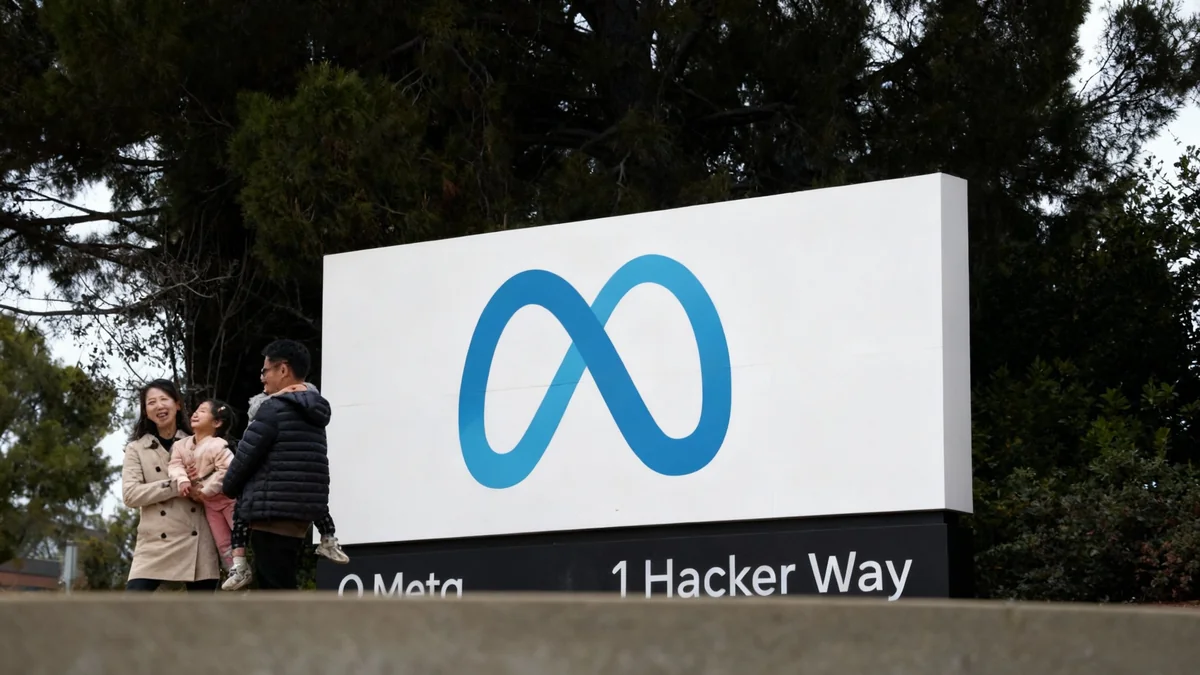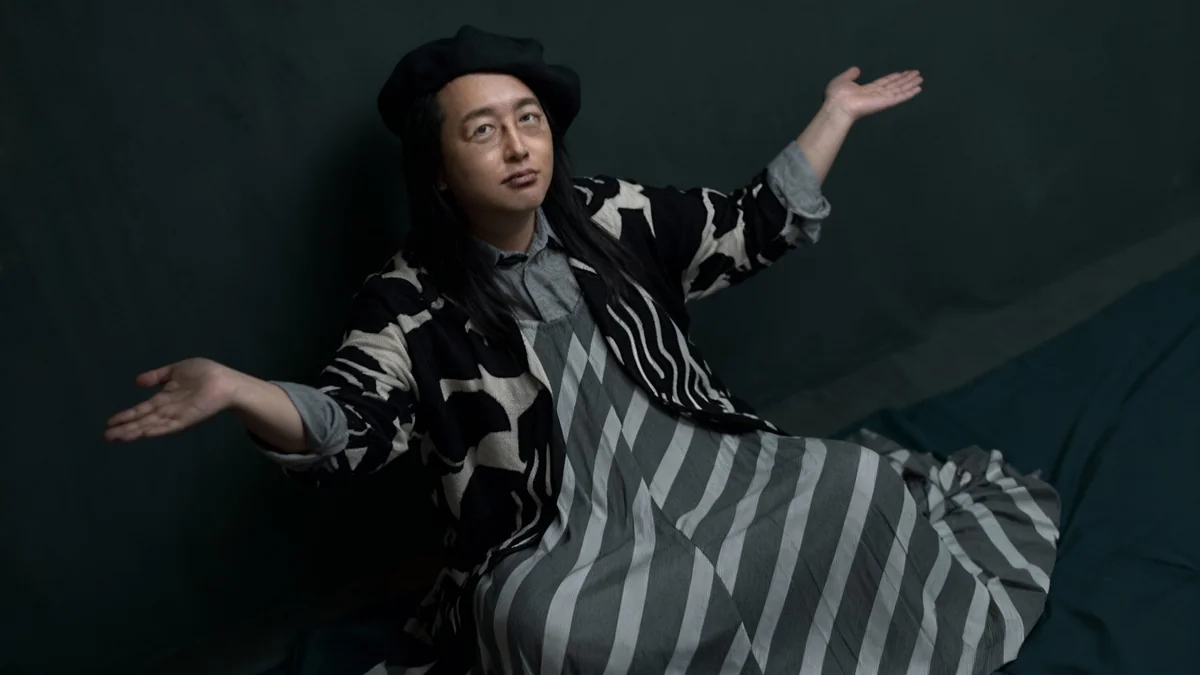The artificial intelligence company OpenAI is facing accusations of using legal intimidation tactics against its critics. At least seven nonprofit organizations, many of which have publicly questioned OpenAI's shift from a nonprofit to a for-profit structure, have received legal subpoenas from the company. The subpoenas are part of an ongoing legal battle between OpenAI and technology entrepreneur Elon Musk.
The targeted nonprofits claim the subpoenas are overly broad and designed to silence dissent. OpenAI maintains the legal requests are a standard procedure to investigate potential coordination between these groups and Musk, a claim the organizations largely deny.
Key Takeaways
- At least seven nonprofit organizations critical of OpenAI have been served with legal subpoenas.
- The subpoenas are connected to a lawsuit filed by Elon Musk against OpenAI concerning its corporate structure.
- The nonprofits allege the subpoenas are a form of legal intimidation intended to suppress criticism.
- OpenAI states it is investigating whether these critical organizations are coordinating with or funded by Musk.
- Several of the subpoenaed groups have publicly stated they have no connection to Musk and have even campaigned against him.
Legal Dispute Broadens to Include Critics
The legal actions stem from a lawsuit initiated by Elon Musk against OpenAI and its CEO, Sam Altman. Musk, an early funder of the organization, alleges that OpenAI has abandoned its original humanitarian mission in pursuit of profits. In response, OpenAI has accused Musk of acting out of jealousy over the company's success.
As part of this legal conflict, OpenAI has issued subpoenas to multiple nonprofit groups. These organizations have voiced concerns over OpenAI's plan to restructure into a for-profit public benefit corporation. The groups argue this change could prioritize shareholder returns over public good, a concern at the heart of Musk's lawsuit.
The subpoenas demand extensive documentation, including information about the organizations' funding sources and internal communications regarding Musk, Meta, and its founder Mark Zuckerberg.
Fact Check: Subpoena Scope
Four of the subpoenas reviewed by news outlets requested a wide range of materials, including lists of all donors and communications related to OpenAI's governance. This broad scope has fueled claims that the requests go beyond the needs of the lawsuit.
Organizations Allege Intimidation Tactics
Leaders from the targeted nonprofits have characterized the subpoenas as an aggressive attempt to deter them from speaking out. Robert Weissman, co-president of Public Citizen, an advocacy group not involved in the lawsuit, described the behavior as unusual and intended to intimidate.
“This is the kind of tactic you would expect from the most cutthroat for-profit corporation,” Weissman stated. “It’s an attempt to bully nonprofit critics, to chill speech and deter them from speaking out.”
Emma Ruby-Sachs, the executive director of Ekō, an international nonprofit that received a subpoena, shared a similar view. She stated that her organization had previously informed OpenAI that it has no financial ties to Musk and has actively campaigned against his business interests.
“We had written to them and said we’re over 70% funded by small online donations from individuals, and we’ve run multiple campaigns against Elon Musk in the last year,” Ruby-Sachs explained. She concluded that the subpoena must be a tactic to “scare us and get us to back off.”
The Core Controversy: OpenAI's Structure
OpenAI was founded as a nonprofit research laboratory with a mission to ensure that artificial general intelligence benefits all of humanity. Its transition to a capped-profit model has been a source of significant debate. Critics fear that the need to generate returns for investors, including major backer Microsoft, could conflict with its founding principles of safety and public benefit.
OpenAI Defends its Legal Strategy
OpenAI has publicly defended its actions as a necessary part of the legal process. Jason Kwon, OpenAI's Chief Strategy Officer, addressed the issue in a series of posts on the social media platform X.
Kwon explained that after Musk filed his lawsuit, several organizations launched campaigns supporting his position. “This raised transparency questions about who was funding them and whether there was any coordination,” Kwon wrote.
Regarding a subpoena issued to Nathan Calvin, general counsel for the nonprofit Encode, Kwon described it as a standard procedure. Encode had filed a supporting brief in the Musk lawsuit, making it a party to the litigation.
“When a third party inserts themselves into active litigation, they are subject to standard legal processes. We issued a subpoena to ensure transparency around their involvement and funding. This is a routine step in litigation,” Kwon stated.
Internal and External Reactions
The company's legal strategy has drawn criticism not only from outside groups but also from within its own ranks. Joshua Achiam, OpenAI’s head of mission alignment, posted on X, “This doesn’t seem great.” He added, “There are things that can go wrong with power and sometimes people on the inside have to be willing to point it out loudly.”
Former OpenAI board member Helen Toner labeled the approach as “dishonesty & intimidation tactics.” This comment was reshared by Elon Musk, who added, “OpenAI was built on a lie.”
A Diverse Group of Critics Targeted
The nonprofits that received subpoenas represent a range of causes but share a common thread of criticism toward OpenAI's corporate direction or the lack of AI regulation. Some of the known recipients include:
- San Francisco Foundation (SFF): A philanthropic organization that petitioned to prevent OpenAI's restructuring. SFF's Chief Impact Officer, Judith Bell, stated the group opposes the “diversion of these immense charitable assets for private, corporate profit.”
- Ekō: An international corporate accountability group. The organization confirmed it has no ties to Musk.
- Future of Life Institute (FLI): An organization focused on existential risks from technology. FLI has received funding from Musk in the past (ending in 2021) but states he has no influence on its activities.
- The Midas Project: An AI-transparency advocacy group. Its founder, Tyler Johnston, said the subpoena resulted in insurance brokers refusing to cover his small organization.
- Encode: A nonprofit that sponsored California's SB 53 AI regulation bill and filed a brief in the Musk lawsuit.
Tyler Whitmer, president of Legal Advocates for Safe Science and Technology (LASST), another subpoenaed group, expressed his disappointment. He noted his own opposition to Musk's influence but said, “It’s just that OpenAI is supposed to be better than this.”
Former OpenAI employee Daniel Kokotajlo commented on the effectiveness of such pressure. “When it’s actually happening to you in real life, the psychological pressure to just stay quiet is pretty darn strong and most people cave to it,” he said. “That’s why intimidation tactics work.”





